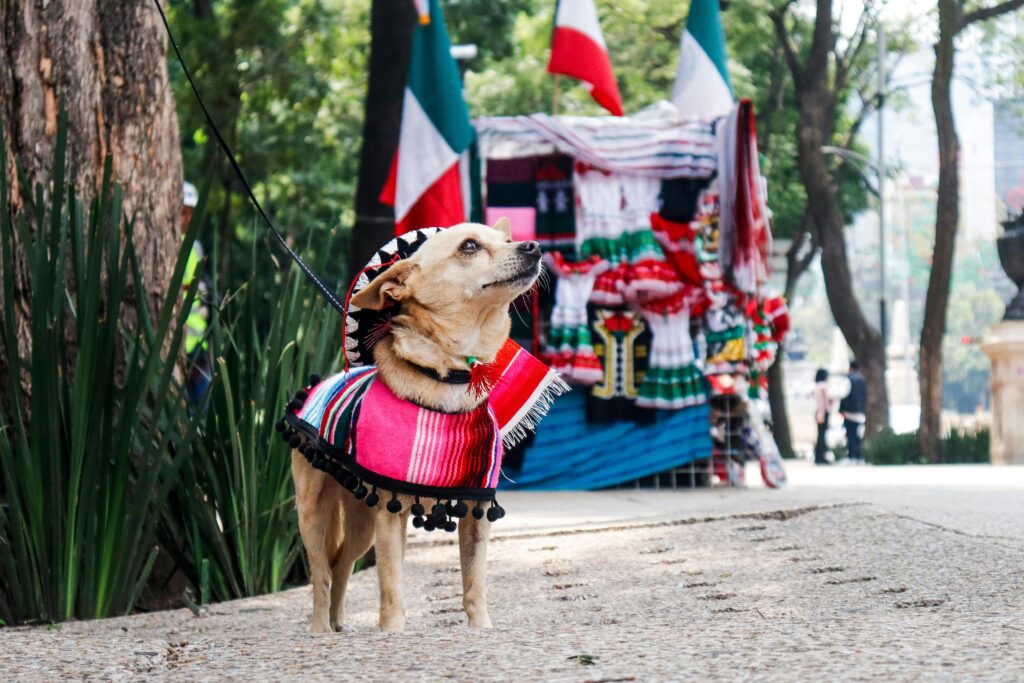Do you have to leash your dog in New Hampshire?
This is a question many new pet owners ask. Some wonder after moving to the state. Others ask when they bring home their first puppy.
Leash rules in nh sound simple, but they can vary. Some towns in New Hampshire require leashes at all times. Others allow off-leash walks if your dog listens to voice commands.
That’s why it’s important to understand the nh leash law. It’s not only about following rules it’s also about keeping your dog, other people, and even wildlife safe.
In this guide, we’ll explain what leash laws mean, why they matter, common challenges for owners, and practical tips for walking your dog.

What Is the NH Leash Law?
A leash law is a rule that requires dogs to be under control when in public spaces. In New Hampshire, towns and cities set their own dog leash regulations. Some are strict, while others give more freedom as long as the dog responds to commands.
The leash law in nh prevents accidents such as dogs running into traffic, knocking people down, or chasing animals. It also lowers the risk of bites and property damage.
For new residents, these rules may feel confusing at first. But once you understand local requirements, it becomes easy to stay compliant.
Why Leash Laws Matter in New Hampshire
Leash laws are designed to protect the community. Here’s why they are important:
- Protecting people: A leash prevents dogs from jumping on or scaring strangers.
- Protecting other dogs: Not all pets enjoy being approached. A leash helps prevent fights.
- Protecting wildlife: New Hampshire has deer, rabbits, and birds that could be harmed if chased.
- Preventing accidents: A loose dog can cause traffic accidents or injuries.
These rules are not meant to limit fun. They exist to make parks, sidewalks, and trails safe for everyone.
Common Challenges Dog Owners Face
Following leash laws makes sense, but it’s not always easy. Many owners struggle with:
- Dogs that pull hard – A strong dog can be tough to control.
- High-energy breeds – Huskies, Labs, and similar breeds crave more freedom.
- Different local rules – Leash requirements vary between towns and parks.
- Tempting open areas – Big fields may look safe, but risks still exist.
- Untrained dogs – Without leash training, walks can become stressful.
These challenges are common, but they can be solved with training, the right equipment, and patience.
Benefits of Following NH Leash Laws
Obeying leash laws offers benefits beyond avoiding fines:
- Peace of mind: You know your dog is safe and under control.
- Training support: Leash walks reinforce discipline and focus.
- Positive community image: Neighbors see you as a responsible dog owner.
- Legal protection: Staying within the law reduces liability if something goes wrong.
- Safe socialization: Dogs can interact with others in a controlled way.
Simply put, leashes build safer, friendlier communities.
Tips for Following NH Leash Law
Here are some practical ways to follow leash laws and enjoy walks:
- Pick the right leash: A 4–6 foot leash is best for control.
- Start training early: Teach leash manners when your dog is young.
- Use commands: “Heel” and “stay” are especially helpful.
- Check local rules: Always look for posted signs in parks and trails.
- Try a no-pull harness: It makes walks easier with strong dogs.
- Exercise daily: A tired dog behaves better on a leash.
These steps turn leash walking into a positive habit instead of a chore
Are There Exceptions to NH Leash Law?
Yes. Dogs may go off-leash in some cases:
- Dog parks: Many New Hampshire towns have fenced areas for off-leash play.
- Private property: Leash laws generally don’t apply on your own land.
- Service dogs: Some working dogs may have special allowances.
Even in off-leash areas, owners must keep dogs under control. A reliable recall command is essential.
Penalties for Not Following the Law
Ignoring leash laws can have consequences:
- Fines: Depending on the town, you could pay $25–$100.
- Liability: Owners may be responsible if an unleashed dog causes harm.
- Animal control action: In serious cases, officials may step in to remove the threat.
The cost financial and emotional is far greater than the small effort of using a leash.
Is There a Leash Law in NH?
Yes. New Hampshire does have leash laws, but the details depend on the town or city. Some require leashes in all public spaces. Others allow off-leash walking if the dog responds to voice commands.
Most parks and trails post clear signs with leash requirements. Some offer off-leash areas, while others enforce strict control.
The safest choice is to always check your town’s website or follow signs in public areas. When in doubt, keep your dog leashed. It keeps you compliant and protects your pet.
Building Better Habits with Your Dog
Leash manners don’t happen overnight. Here’s how to build them:
- Start small: Begin with short walks and build up over time.
- Reward good behavior: Praise or treats work well.
- Stay consistent: Use the same commands and routines.
- Be patient: Every dog learns at a different pace.
With practice, leash walking becomes second nature for both you and your dog.

Final Thoughts
The nh dog leash laws may look like just another rule, but it’s really about safety and responsibility. It protects people, pets, and wildlife, and helps create friendly communities.
Yes, leash laws can feel limiting. Dogs pull, rules change by town, and open fields look inviting. But with patience, training, and the right gear, you can enjoy stress-free walks.
A leash isn’t only a strap. It’s a connection between you and your pet. It keeps them safe, shows respect for others, and builds trust in your community.
Next time you clip on the leash, remember you’re not only following the law. You’re protecting your best friend and helping make New Hampshire a safer place for everyone.

